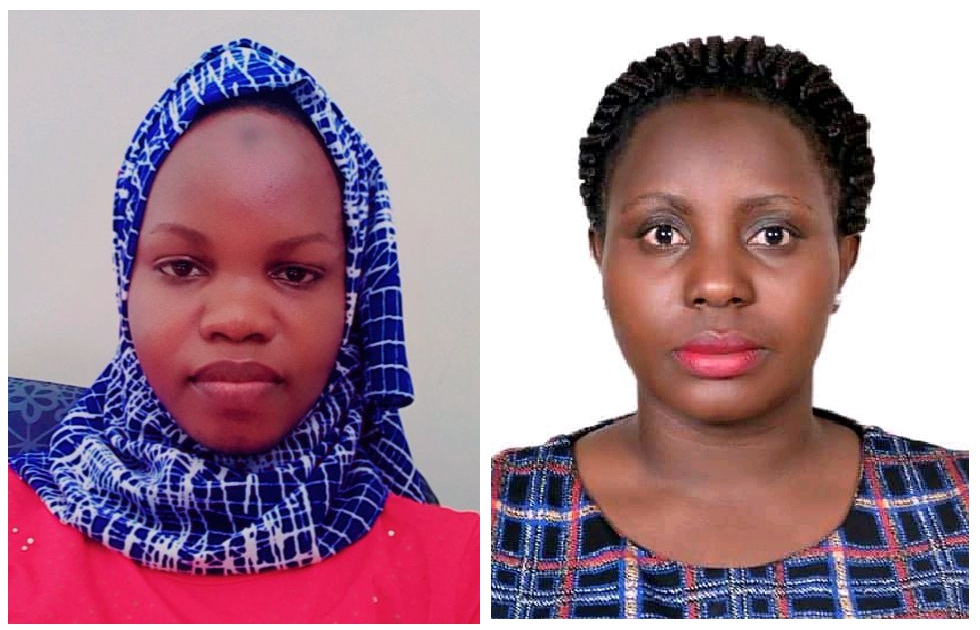Worldwide, there are more than 1.8 million adolescents aged 10 to 19 years. More than 70% of them live in Low- and Middle-Income Countries (LMICs). Uganda was ranked first among the East African countries with the largest adolescent population (app. 35%). Thus, this prompts us to pay close attention to their well-being in order to have a healthy future generation. Adolescence is the transition from childhood to adulthood characterized by physical, psychological, and social changes.
Adolescents face a wide range of challenges during this period. These include unplanned pregnancies, the acquisition of STDs such as HIV/AIDS, alcohol and drug abuse, and mental illness among others. Oftentimes, adolescents do not disclose their reproductive health challenges to their parents or guardians due to fear and concerns about how communities will treat them, and, as a result, they do not utilize health services. Some research studies attribute this to inadequate health-related information, ignorance about health needs and rights, limited financial resources, poor attitude of healthcare providers, and poor attitude of community members.
For example, the teenage pregnancy rate in Uganda was found to be 25%. Remember, unprotected sex does not only lead to early childbearing but also to unplanned pregnancies, unsafe and illegal abortions and its complications including death, STDs, birth-related complications like fistula and dropping out of school among many others.
As adolescents grow and develop in good health, they require age-appropriate information, opportunities to develop life skills, age-appropriate comprehensive sexuality education, and health services that are appropriate, acceptable, equitable and effective in supportive and safe environments.
It’s high time that parents and guardians plus the entire community play a vital role in supporting adolescents as they develop physically, emotionally, socially, and psychologically. Adolescents need to use each opportunity to survive and excel in this challenging world.
Sustainable development goal 3.1 aims at ensuring healthy lives and promoting well-being for all at all ages. It also recognizes that adolescents will be central to the overall achievement of this strategy by 2030 which is about 6-7 years from now. Hence, there is a great need to Prioritise the well-being of adolescents now to avoid future consequences.
The authors are: Aisha Naava, a Nursing Officer working with Kawolo General Hospital and Lillian Nuwabaine, a Nurse-Midwife and Women’s’ Health Specialist and the Heroes in Health Award Winner-Midwife of the year 2021
If you would like your article/opinion to be published on Uganda’s most authoritative news platform, send your submission on: [email protected]. You can also follow DailyExpress on WhatsApp and on Twitter (X) for realtime updates.



